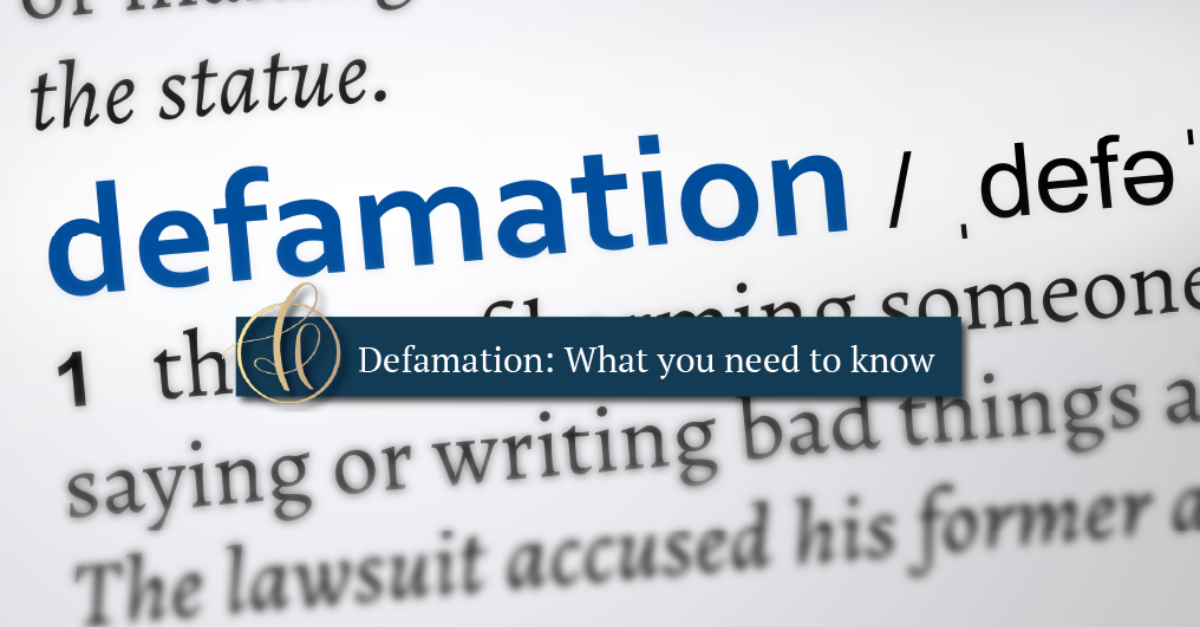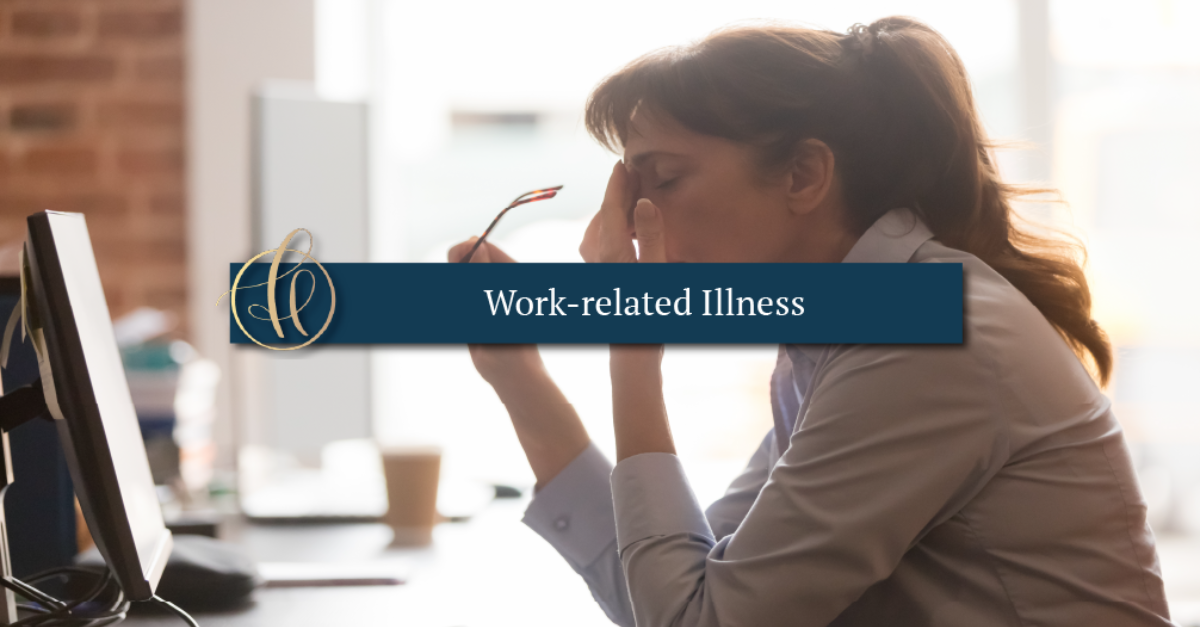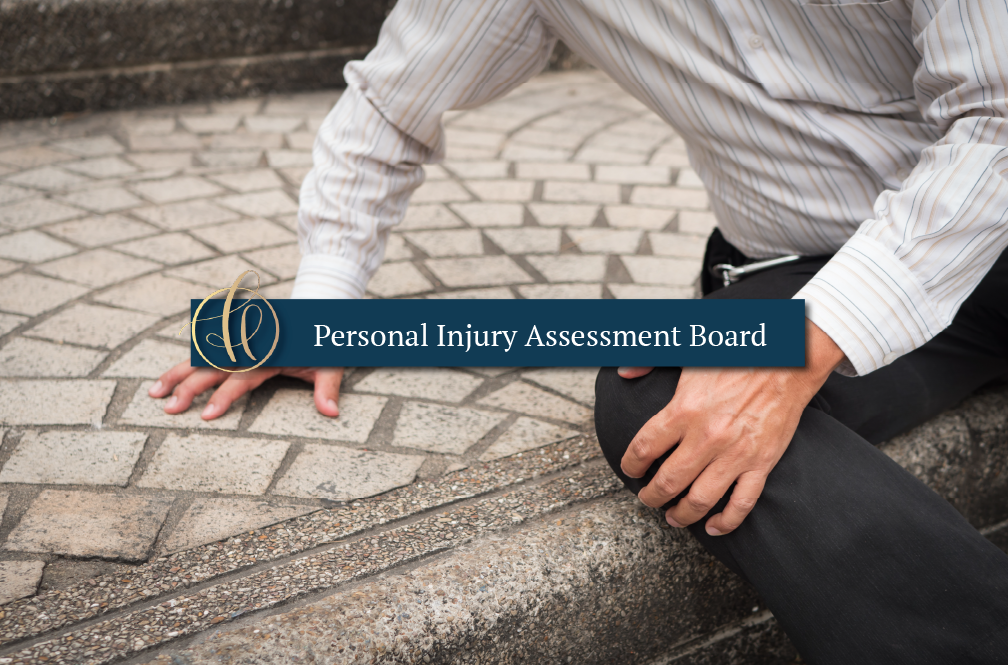Losing a loved one is an extremely difficult and traumatic situation – even more so where their death was caused due to somebody else’s actions. While nothing can compensate for the emotional trauma of the loss, the financial burden resulting from your loss can be eased through the Fatal Injuries Claim Process. This applies to incidents such as road traffic accidents, accidents at work, sports injuries, accidents on public or private premises, assault, medical accidents and other tragic accidents. If your loved ones’ death was caused due to the wrongdoing or irresponsibility of another person, you may be entitled to bring a fatal injuries claim.
Who can bring a Fatal Injury Claim?
The Civil Liability Act 1961 Part 4 states that is the ‘personal representative’ of the deceased who can bring a claim. However, as is the nature with accidents, a personal representative may not have been appointed. As such, if six months have passed since the death of the deceased, dependents of the deceased may pursue the claim. A Fatal Injuries Claim may be brought by a personal representative or a dependent of the deceased. Dependents may include any member of the family of the deceased, including their:
- Spouse or former spouse
- Cohabiting partner of the deceased (subject to certain conditions)
- Parent / Step-parent
- Child
- Grandchild
- Sibling / Step-sibling
Recourse can only be sought for and on behalf of the dependents of the deceased.
What is required as part of a Fatal Injury Claim?
A dependent cannot bring a fatal injury claim within the first six months of the death of the deceased. It is important that you inform your solicitors of your intention to bring a fatal injuries claim as soon as possible, as proceedings cannot be brought once two years have passed since the date of death, or knowledge of the death.
The majority of Fatal Injury Claims are referred to the PIAB prior to issuing court proceedings, with the exception of circumstances such as death caused by medical negligence, Garda Compensation Acts and Maritime-based claims.
It’s important to choose a solicitor who has experience in Fatal Injury Claims, as they will be able to guide you through each step of the process including the submission to the Personal Injuries Assessment Board. Your solicitor will need to prepare a range of supporting documentation including coroner’s reports, Garda reports, engineer’s reports, and Health & Safety Authority reports.
How can I be compensated in a Fatal Injury Claim?
There are three heads of damages which the dependent bringing the Fatal Injury Claim may be compensated for:
- Mental Distress | Damages for mental distress are designed to compensate the aggrieved dependent who has been adversely affected mentally by the death of a loved one. This is currently capped at €35,000.
- Loss of Dependency | You may be compensated if you were financially dependent on the deceased. You will have to prove each financial loss that you have suffered. This often requires the services of an actuary to calculate how much each dependent would have received, had the deceased lived. This is calculated from the date of death and takes into account the life expectancy of the deceased among other factors. If the deceased provided services to the household (such as gardening, DIY, or childminding) then the cost of providing these services into the future may be claimed;
- Extraneous Expenses | This refers to any costs incurred as a result of the deceased’s death such as funeral expenses including the cost of burial or cremation. Other expenses such as funeral acknowledgement cards or travel expenses may also be recovered.
Separately, you may claim for a personal injury if you have suffered nervous shock if you witnessed the accident or the immediate aftermath of the accident.
At Martin A. Harvey & Co. Solicitors, we have been helping people for decades to navigate Personal Injury* and Fatal Injury* claims. If you have lost a loved one as a result of Fatal Injuries caused due to someone else’s wrongdoing, we can assist and guide you through the claims process. Contact us on 021 496 3400 or maharvey@martinharvey.ie.
*In contentious business, a solicitor may not calculate fees or other charges as a percentage or proportion of any award or settlement.
**Please note that the PIAB may allow you to take your claim straight to the courts without an assessment ‘if your injury consists wholly or in part of psychological damage which would be difficult to assess by means of PIAB’s assessment procedures’. (Source)










